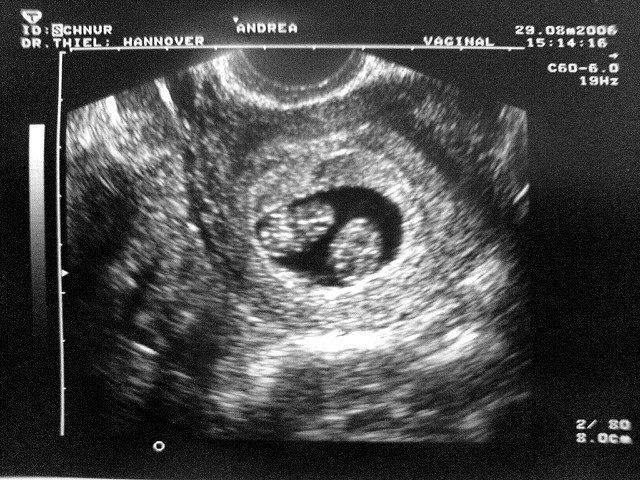A disturbing new abortion trend appears to be sweeping the U.K. According to new data published Tuesday, more than 140 women pregnant with twins, triplets, or quadruplets in 2016 aborted at least one baby.
Since 2011, the number of “selective reduction” abortions has nearly doubled, data released by the U.K. Department of Health reveals.
READ: Terminally Ill Baby’s Fate in the Hands of European Court as Parents Fight for Son’s Life
In a “selective reduction” abortion, a mother pregnant with multiples chooses to kill at least one child in order to “reduce” the number of children born. It’s a rather sterile term for such a gruesome act.
“Pregnancies following fertility treatments such as in vitro fertilization (IVF) may result in more than one embryo being implanted in the womb,” reads a description of the data. “In such cases, the outcome of the pregnancy may be more successful if the number of fetuses is reduced. This reduction usually occurs at about 12 weeks’ gestation.”

In 2016, there were 141 of such abortions performed in the U.K., compared to 119 in 2015 and 72 in 2011. According to the Department of Health, 78 percent of these procedures were performed because of a feared risk that the child would be born “seriously handicapped.”
These recent findings are alarming for many reasons. For one, it is common for women who undergo IVF to end up with multiple viable embryos. If this trend of “selective abortion” is also true of other countries that perform IVF, then the death toll is likely much higher.
Further, IVF is usually performed when a woman is having trouble conceiving naturally. It’s troubling to think that someone would go to such great lengths to bring a child into the world only to effectively discard additional lives.
The 2016 data also show that “chromosomal abnormalities” were reported as the principle medical condition for 37 percent (1,187) of “ground E” cases — those performed at any point in gestation because of a perceived “fetal abnormality.” According to the Department of Health report, Down syndrome was the most commonly reported chromosomal abnormality, resulting in 706 abortions.
There is, however, some good news. The overall abortion rate for England and Wales fell slightly in 2016 to 185,596, compared to 185,824 in 2015. Still, the rise in “selective abortion” and the high number of Down syndrome abortions carries troubling implications regarding our society’s ever-growing desire to control all things, including life and death.



